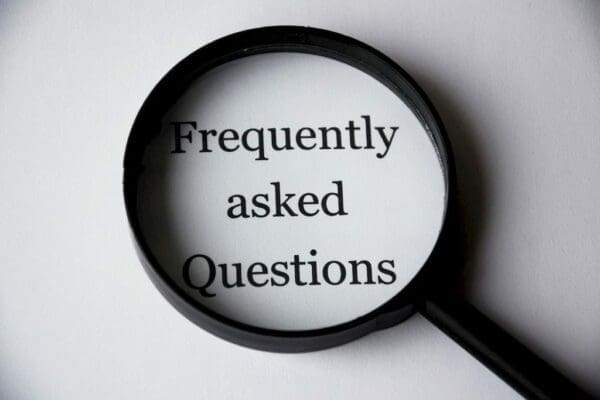How to Write an Impactful Job Proposal
Whether you’re a freelancer fishing for clients or a business trying to land new leads, a job proposal is an essential first step. A job proposal is your first impression, as a business or an individual, and it can determine your future interactions with a client. That means writing a proposal is a make or break moment that you want to get right.
Proposals are a broad term referring to any written offer of services specific to a client. As they’re often the first interaction between you and a potential client, it’s important to note that job proposals are not a business plan; you won’t necessarily be required to provide all the details for your project in advance. However, they should be an indication of the kind of service you’re offering and what you hope to achieve with this project.
1. Find The Right Job
Before you even start writing your job proposal, make sure the client or the project is the right fit for you.
Picking a job that’s not a good fit for your skills or a project that doesn’t appeal to you is a surefire way to waste both your time and your client’s time. Be clear about your own capabilities and the work you’re looking for before you even start your proposal.
2. Be Specific
‘Put yourself in your client’s shoes,’ says Manuel Pfista, a career blogger at LuckyAssignments and Gumessays. ‘Businesses will likely receive hundreds if not thousands of proposals for projects, not to mention unsolicited offers of service. Many of those will not take the time to make their proposal unique to the situation. When you’re putting together your proposal, research the project and the company and demonstrate that you’ve done that work with specific references. Specificity will make your proposal stand out.’
3. Highlight Your Skills
Showing off why you should be chosen is an obvious part of writing a job proposal, but it’s important to highlight your skills in an appropriate way.

Firstly, relating to the point on specificity, only mention skills that are relevant to the position. There’s no point bringing up your video editing capabilities for a project ghostwriting a novel, it will come across that you’ve not paid attention to the brief. Secondly, try your best to back up your claims with data or previous examples. Demonstrating the quality of your skills will make it easier to convince clients you’re right for the job.
Sticky Learning ® is 7 times more effective than 1-day training courses. Plus, you will get a Chain of Evidence proving your Return on Investment. Discover soft skills training that changes behaviours long term.

4. Send Samples
A great way to prove your skills is to attach samples of your work to your proposal. Even if a client doesn’t request samples, it’s always safer to attach them. It shows you’re being proactive and gives you a chance to show off the work you’re most proud of. Try and include a broad but relevant selection. Don’t attach proof of work if it has nothing to do with the brief, but you might want to show that you have a wide range of skills.
5. Pay Attention To Additional Questions
This point is most relevant to freelancing platforms like Upwork: pay attention to specific questions asked by the client. Additional question fields indicate what the client is particularly interested in, what they’ve taken the time to ask in detail, so you should take time to respond in detail.

Another important point to make is that these additional fields are often the first thing a client sees when they receive job proposals, above the generic cover letter fields. Make sure you give a good first impression in your responses to them.
6. Be Professional, To A Point
You want to come across as intelligent and trustworthy to your clients. So using professional language is a good way of doing that. But it’s important not to go overboard. Texa Ritalito, a writer at Writinity and Researchpapersuk, points out that ‘At the end of the day, clients want to know they’re dealing with a human being. Being overly formal in correspondence can make you seem unapproachable or a bad communicator, which is fatal to a good working relationship. Showing that you are approachable can be as easy as including the client’s name in the job proposal–”Hi Sarah”–rather than a stiff and impersonal “Dear Sir or Madam”.’
Conclusion
A good job proposal is more than just an offer of services. It’s an indication of how you operate as a business or an individual. You should put some thought into how it looks and sounds as much as you’d consider what you wear to a job interview, or how you’d speak to your manager. Most importantly, it should sound like you.




